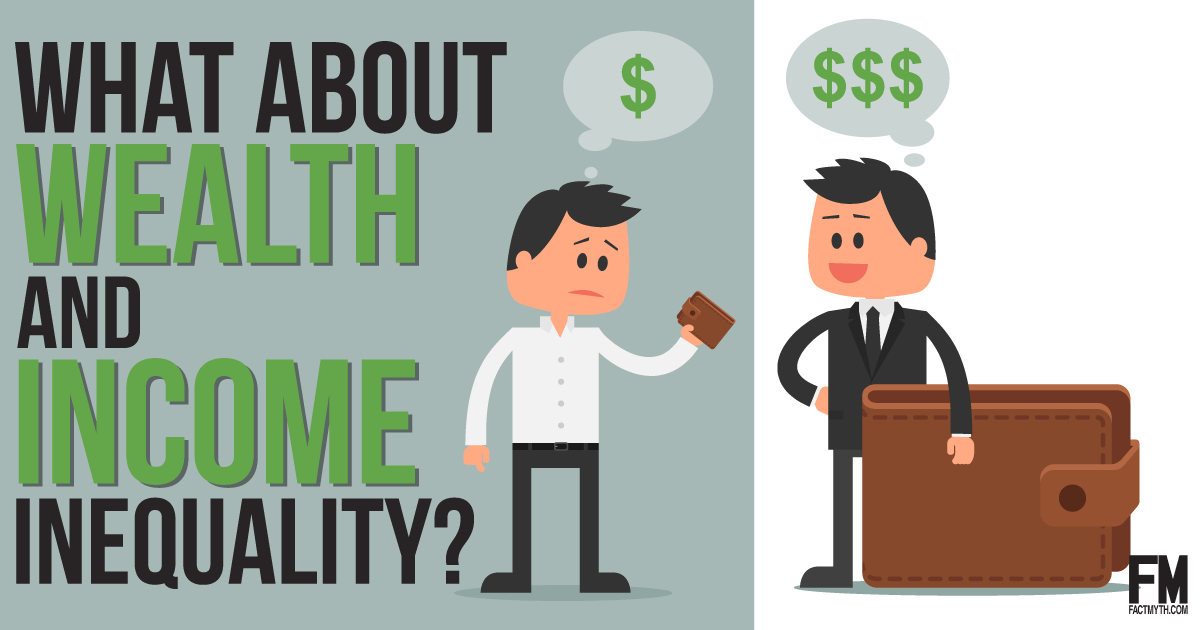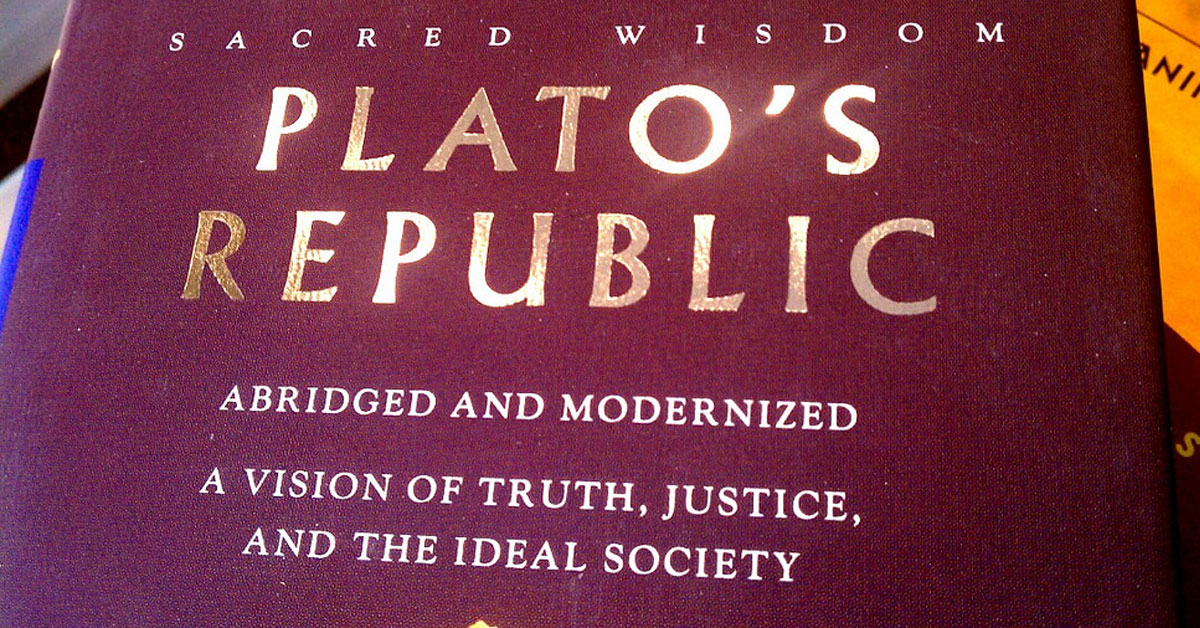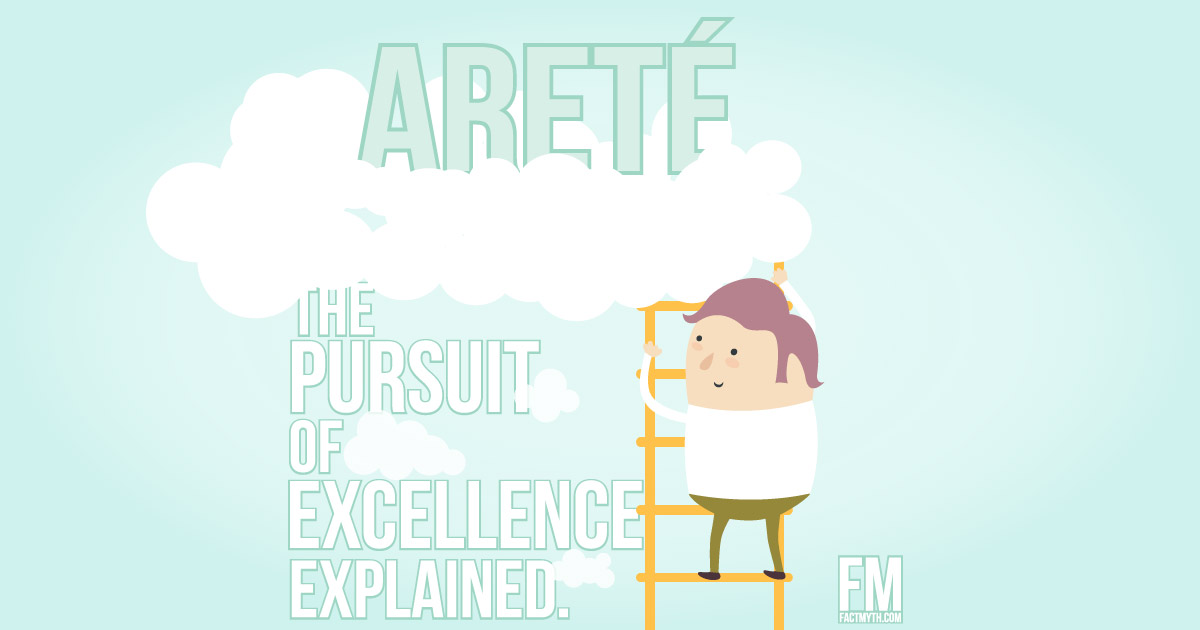Wealth and Income Inequality

We explain economic inequality from a historical perspective, and then consider the effects of wealth inequality and income inequality in America today.
Morality describes a value system, not a value system pertaining to a religious belief, but a value system inherent in the human condition. This can be simplified to the concept of right and wrong.
Broadly morality, in terms of philosophy, describes an area of philosophy that looks at concepts like ethics and justice that arise from within the human condition, and not from within societal structures like legal systems, religions, and other groups (although it does dictate how we should manage these things).
Moral principles are ideally empirically gleaned (they are not meant to be gleaned from pure reason), and many attest that the first principle of morality is “happiness” (as Aristotle describes in his ethics or as John Stewart Mill describes in his theory utilitarianism).
Describing morality is a bit like describing emotions, very difficult in a small introduction. See the articles below for facts and myths on morality.
See Stanford Encyclopedia of Philosophy’s Definition of Morality.

We explain economic inequality from a historical perspective, and then consider the effects of wealth inequality and income inequality in America today.

The major branches of philosophy can be denoted as: metaphysics (what is), epistemology (what we can know), logic and reason, ethics and morality, and aesthetics (beauty and art).

We present a discussion on “the meaning of life as happiness,”the Greatest Happiness Theory,” “the Good Life,”the Pursuit of Happiness,” and Virtue Theory.

Areté roughly means “moral virtue”. It refers to an innate “excellence” or “essence” in all things, and the striving toward that potential or purpose.